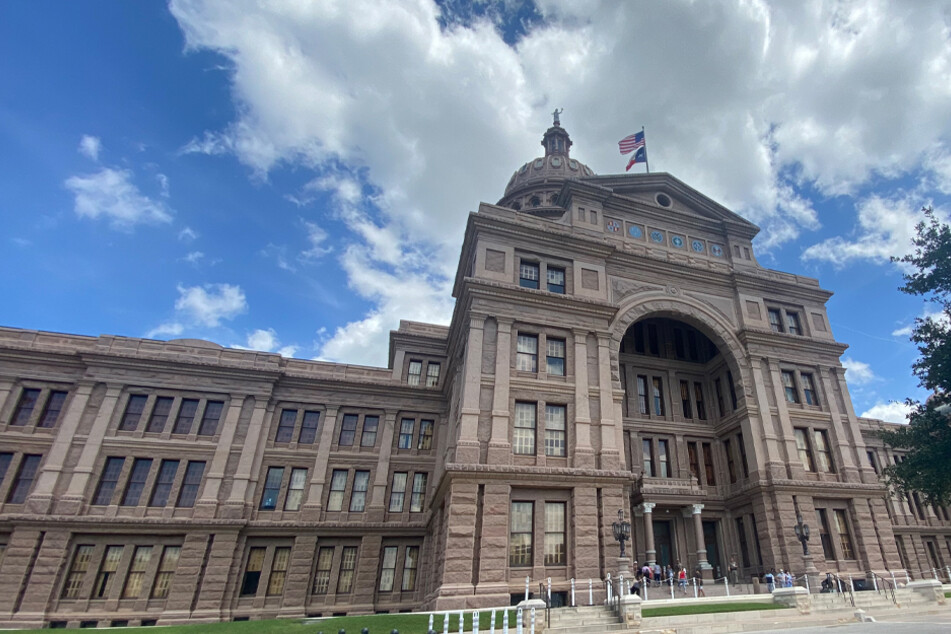Austin's residents strike down Prop A as Texans approve state measures
Austin, Texas – The special election results are in, and Austin residents struck down Proposition A while Texans passed every state-level proposition on the ballot.

Opponents of the controversial City of Austin ballot measure Prop A woke up to good news on Wednesday.
Residents in the city voted overwhelmingly against the proposition, which would have adjusted staffing requirements for the Austin Police Department and likely moved money from other city services like EMS, parks, and libraries to fund the change.
The final numbers for Prop A were 68% against and 32% for.
As the votes were being finalized, one of Save Austin Now's founders, Matt Mackowiak, thanked those who supported Prop A in a speech streamed via Facebook Live, while also promising their battle was far from over.
"We did this for you, we did this to help you, and unfortunately we're gonna have to keep fighting to ensure that we have enough police officers in this city," Mackowiak said. "But that fight does not end tonight, that fight continues."
Following the release of early voting numbers that showed 67% of votes were against Prop A, Austin City Council member Greg Cesar told KUT, "Austin answered overwhelmingly tonight. We believe in criminal justice reform. We believe in comprehensive public safety and creating a better city."
Steve Adler, the city's mayor, shared similar sentiments on Twitter, writing, "This election reaffirms our community’s belief that public safety for all requires a comprehensive system that includes properly staffing our police, but also our fire, EMS, and mental health responses as well."
Proposition B had a better fate, with an astounding 74% of Austin residents voting in favor of the city's land swap deal that promises new parkland and a new maintenance facility for the Austin Parks and Recreation department in exchange for nine acres of land on East Riverside.
Texans approve all statewide measures

As for state propositions that were on the ballot, Texans voted to approve each of the eight amendments that were up for revision.
According to the Texas Tribune, State Proposition 1 passed with 84% of voters opting in favor of the measure, which will now allow charitable raffles at rodeo events held by either the Professional Rodeo Cowboys Association or the Women's Professional Rodeo Association.
State Proposition 2 passed with 63% of voters in favor of the measure that will now allow counties to issue bonds or notes to raise funds for infrastructure projects in underdeveloped areas.
State Proposition 3 was approved by 62% of voters, meaning the state will now be unable to ban or limit religious gatherings in times of emergency, such as the Covid-19 pandemic.
Both State Proposition 4 and State Proposition 5 were two of the closer races in Texas, though both inevitably passed. Proposition 4 passed by 59%, which in turn increases the number of years a politician must practice law in the state of Texas to 10 years in order to be eligible to serve on the state's supreme court.
Proposition 5 passed by garnering 59% of the vote, as well, and thus will allow the State Commission on Judicial Conduct to have direct oversight of candidates running for judicial office by accepting complaints or reports regarding candidates. It will also give the commission the ability to conduct investigations into said candidates.
State Propositions 5 through 8 were hardly contested, with Proposition 6 passing by 88%, Proposition 7 passing by 87%, and Proposition 8 also passing by 88%.
State Proposition 6 will allow residents of nursing homes or assisted living to designate one person who cannot be denied in-person visitation rights.
Proposition 7 will now allow the surviving spouse of a disabled person to keep their homestead property tax limit if the spouse is 55 years of age or older at the time of the death and remains at the homestead.
State Proposition 8 will expand the eligibility for residential homestead property tax exemptions to include spouses of those in the military who were killed or fatally injured in their respective line of duty.
Cover photo: Taylor Kamnetz

